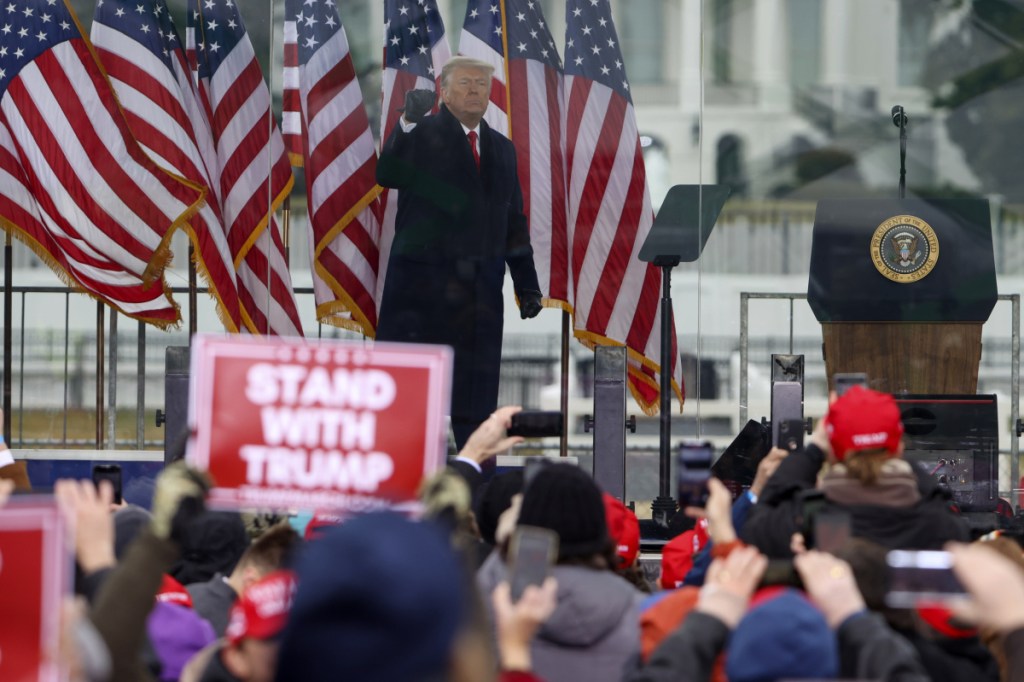‘Conspiracy theories are for losers’ but they are here to stay in Australian politics


Political conspiracies are here to stay after being spread on the internet. Photo: AAP
The candidates for the Dunkley by-election would give a range of responses when asked what the most pressing issues for people in the electorate are, from the rising cost of living and tax to climate change.
The lone independent in the contest, Darren Bergwerf, however, would give a different answer.
The regular teal apparel — the push for integrity in politics and climate action — is non-existent.
He and his dozens of local supporters believe that the Australian government is covering up child sex abuse, COVID-19 vaccines are killing people and AIDS was started in the 1980s through vaccination programs in Africa.
He even managed to befuddle Craig Kelly, a super-spreader of misinformation, with his calls to separate from Australian politics.
Tweet from @TinfoilTales_AU
While these wild claims may seem more abundant and common since the advent of the internet and the start of the pandemic, this may not be the case at all.
True believers
Dr Mathew Marques, a senior lecturer in psychology and researcher at La Trobe University, said despite popular belief — and anecdotal evidence — the amount of people believing in conspiracy theories is not on the rise.
“Our research showed that the number of people over a six month that adopts belief over a six month period, approximately the same number of different people stopped believing in that conspiracy theory,” he said.
“For some people, it may provide them a narrative to explain their current situation and it gives them a focus or a target to be sceptical about or to direct their anger towards.”
Every other candidate and political party preferencing them last isn’t proof that the vast majority of people strongly disagree with their beliefs, but evidence that mainstream politics is running scared.
True believers can ignore other evidence, like receiving less than four per cent of the vote during previous tilts at politics, as a part of the conspiracy.
Marques said it’s important not to dismiss people with beliefs that aren’t your own as “just being crackpots or people wearing tinfoil hats.”
“Most conspiracies that are covered in newspapers — like governments tapping other government’s phone lines — people just don’t really care about it,” he said.
“It just doesn’t hold that much of an appeal because it isn’t an exciting narrative.”
Controlling the narrative
Some narratives, however, are more pernicious.
Believing vaccines — that have been proven safe — are killing people for ulterior motives, fairly run elections are being stolen or the government is secretly enabling and covering up child sex abuse can create an atmosphere of unpredictability and violence.

Donald Trump’s election conspiracy theories led to his supporters storming the US capitol Photo: Getty
Marques said being able to protest against government wrongdoing is an important part of democracy, but when it borders on violent or abnormal behaviour it becomes a problem.
“Disillusionment with government and feeling like they’ve been let down by government and society in general is fairly common,” he said.
“Depopulating with societal control and mandated vaccines, New World Order and 15-minute conspiracy theories are a worrying thing because they often link back to an anti-Semitic route of rich people being the puppeteers or pulling the strings.”
‘Conspiracies are for losers’
The beliefs don’t even need to be based in reality: like if a candidate and their supporter pushed the idea that the popular former member of Dunkley died because of the COVID-19 vaccine.
For most people, the factual evidence that Peta Murphy had battled with breast cancer for over a decade before dying at age 37 late last year, or AIDS being the late stages of a disease that jumped from chimpanzees to humans in the late 1800s, is enough to the dispel far-fetched claims.
But for those who believe they are in the know, that they’ve discovered the secrets that the rest of society is too blind to see and have found the truth, then it’s just another example of the powers that be pulling the wool over society’s eyes.
“There is a great quote from a US scholar who looks at politics and conspiracy theories, and he talks about how conspiracy theories are for losers,” Marques said.
“it now seems acceptable, to a degree, for a local candidate in a by-election to offer these sorts of explanations as a narrative to explain their current situation.”
When the by-election is said and done — with either Labor holding onto the seat or the Liberal Party cutting into the Albanese government’s margin — those pushing conspiracy and fear will still be losers.








